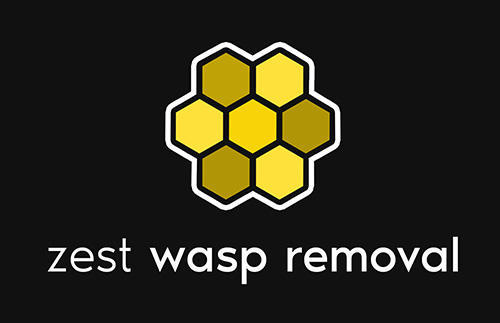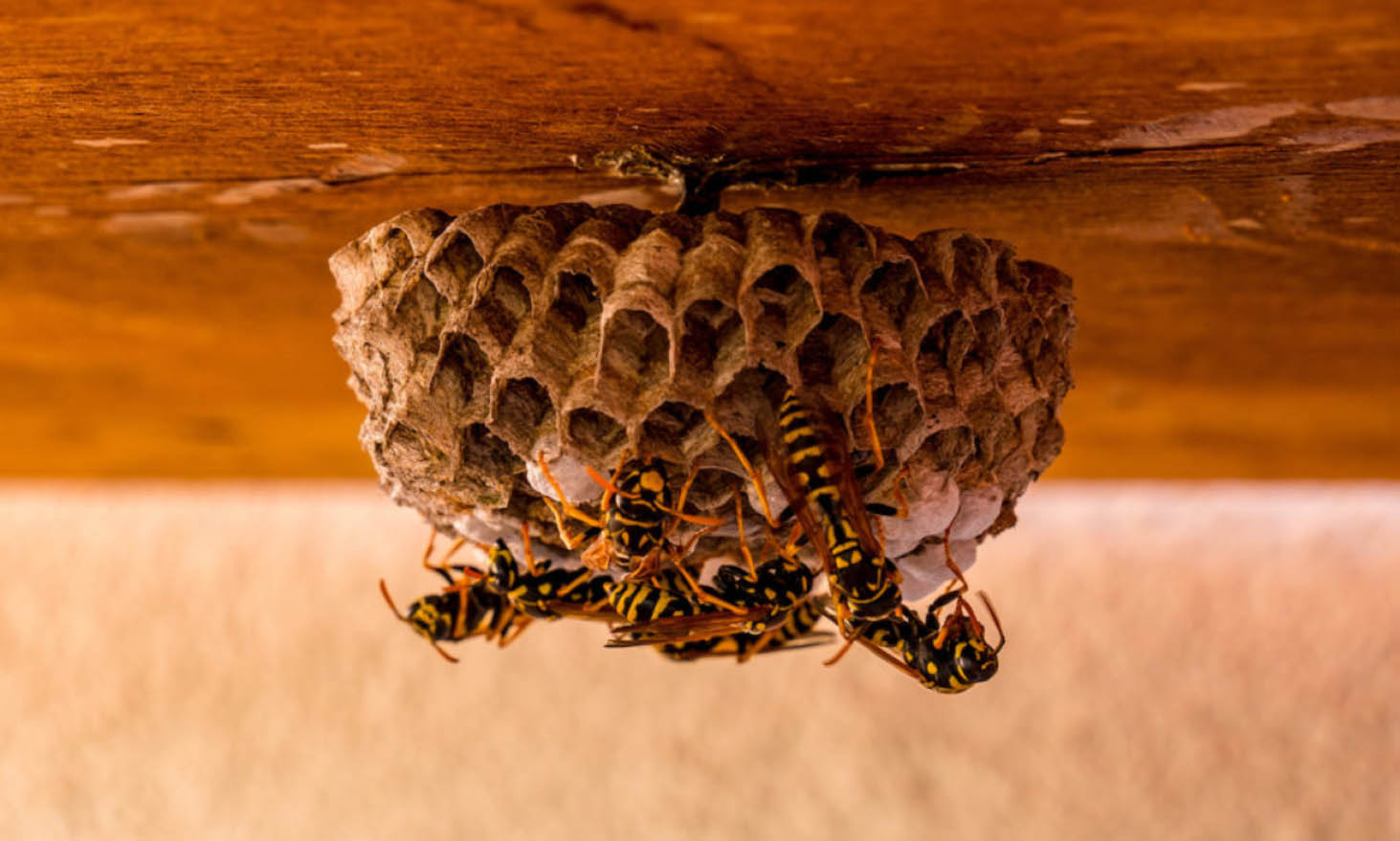Wasps and hornets are unwanted guests when hanging out with friends and family during a summer get-together.
It doesn’t take much to provoke one to attack and sting you, therefore it’s important to find ways to avoid attracting them in the first place.
To prevent wasps and other stinging insects, such as bumble bees or honey bees, you must take time to learn what attracts them. Wasps like to nest in sheltered places, such as garages, sheds, and lofts, and search for food in nearby areas. So it’s necessary to seal any openings in your property that wasps could enter through.
Wasps love sweet-tasting food, and won’t hesitate to spoil your enjoyment when eating ice cream, cakes, and drinking sugary drinks. Always keep lids on food and clean up spillages immediately. Also, sights and smells will attract wasps so avoid wearing bright colours and perfumes if gathering outside. When throwing rubbish in the bin, ensure there’s a lid available and keep it tightly closed. Don’t leave open or burst bin bags around, as this can invite wasps to scavenge for food.
Wasps require water to survive so you should ensure that plant pots don’t contain unnecessary amounts of water. Ensure that water can drain away from your property, and clean all gutters from debris that could trap water.
If you notice an unusual number of wasps despite implementing these measures, there may be a nest nearby. To be safe, call an expert pest controller to assess the area to determine the best method to remove the nest.
You can try to locate the nest yourself, but avoid disturbing it. If you notice a nest in April or May, it’s possible to use DIY methods as the number of wasps will be much lower at this time. Otherwise, nests can contain thousands of wasps by June and July, and it’s very dangerous to remove the nest yourself.
Only a professional should deal with this particular situation as they have the protective equipment and the skill to safely remove a nest without causing thousands of wasps to attack you or anyone else nearby.

